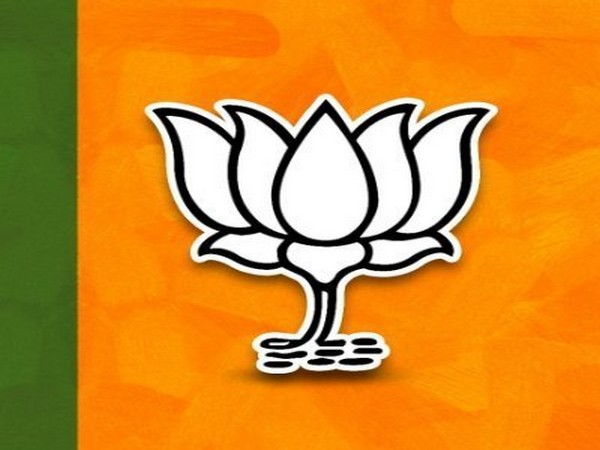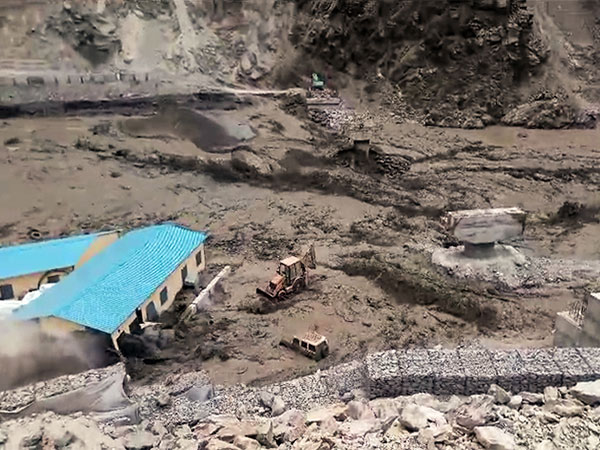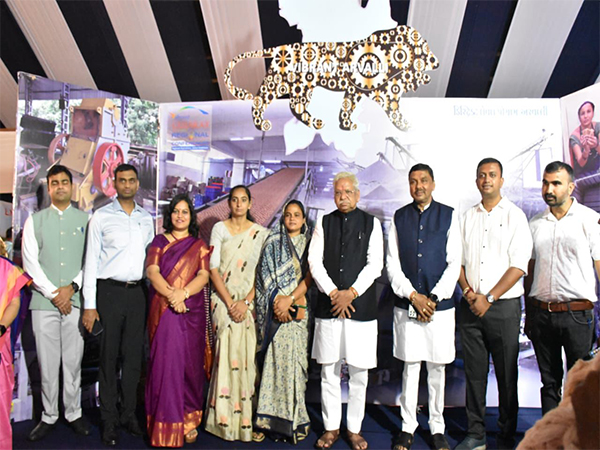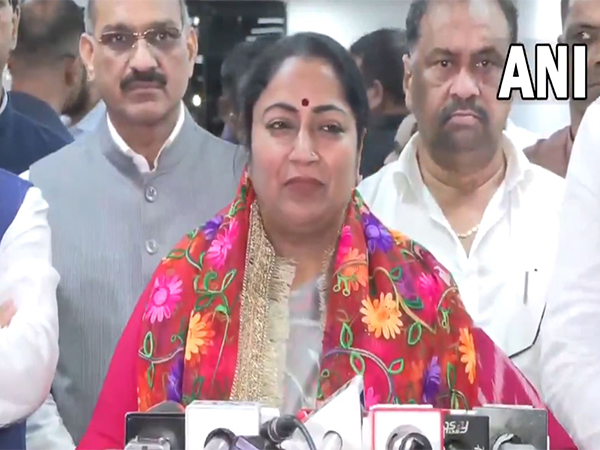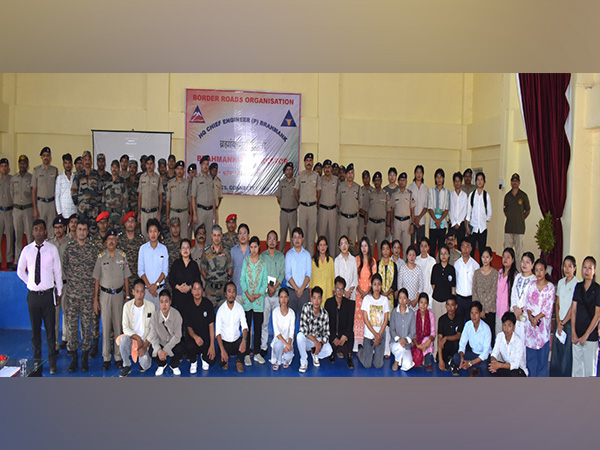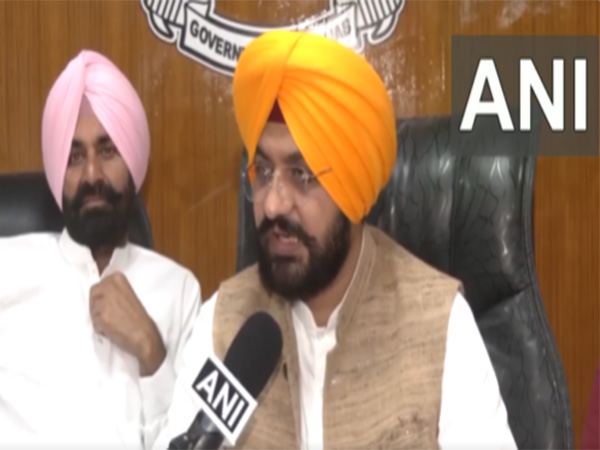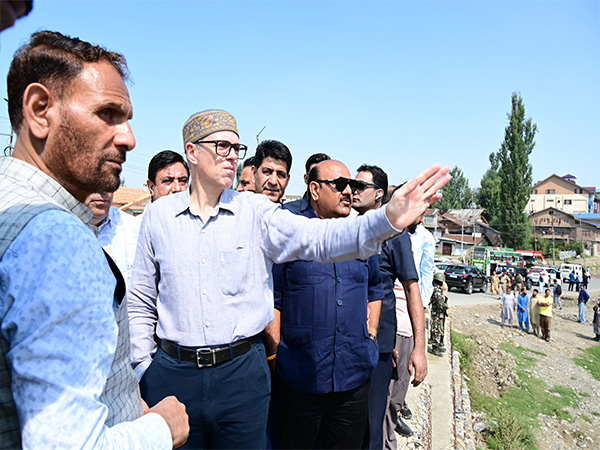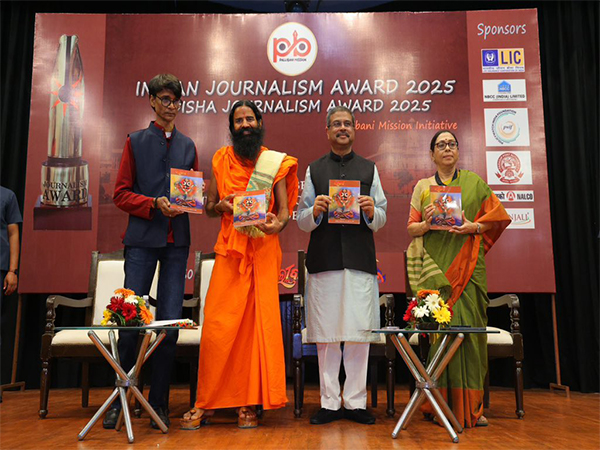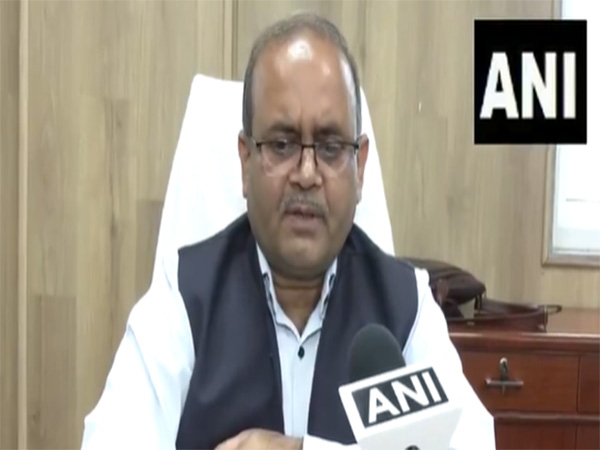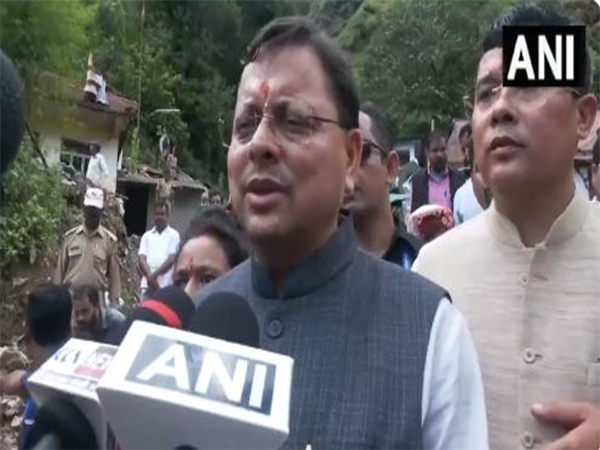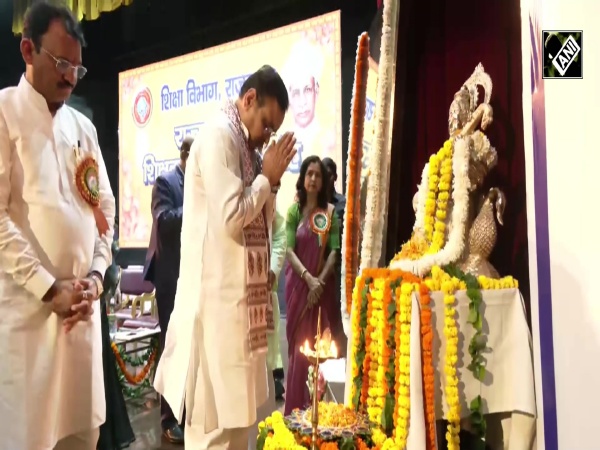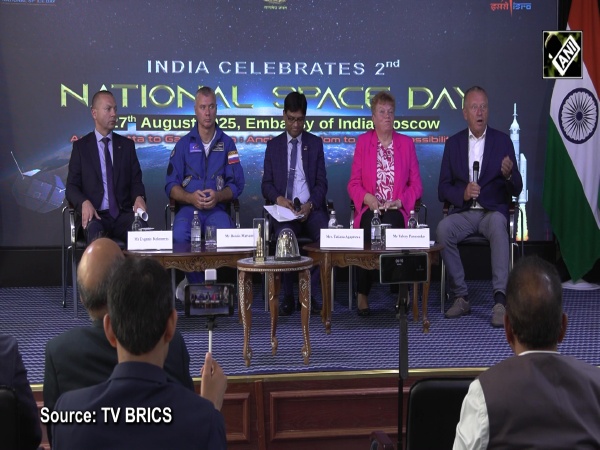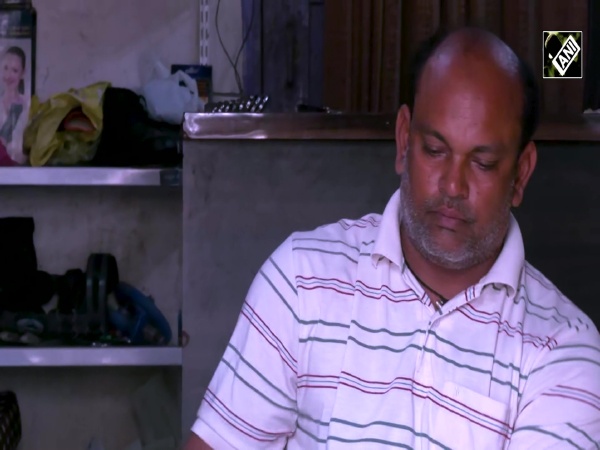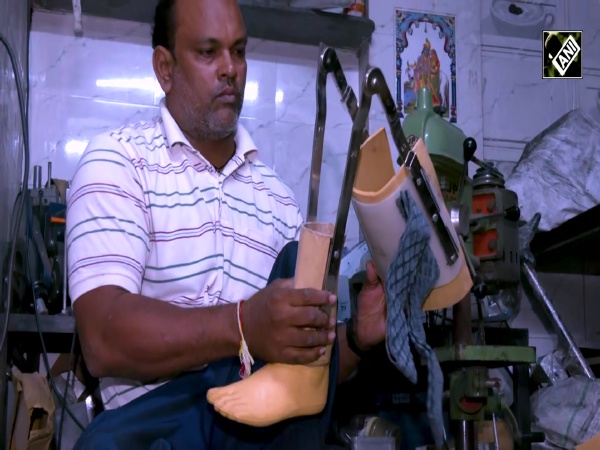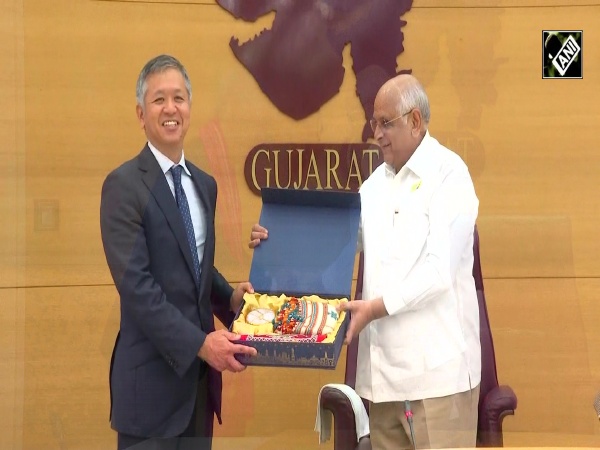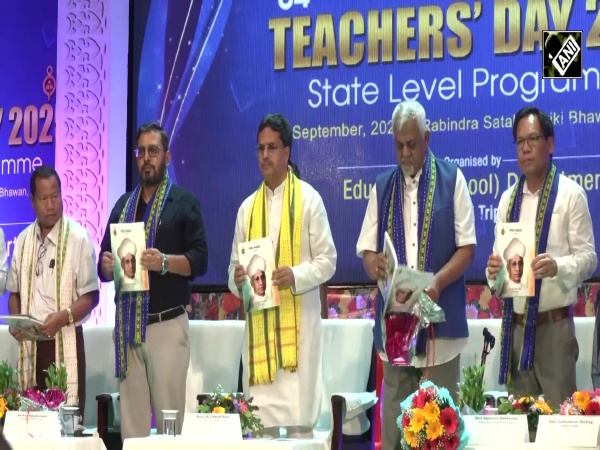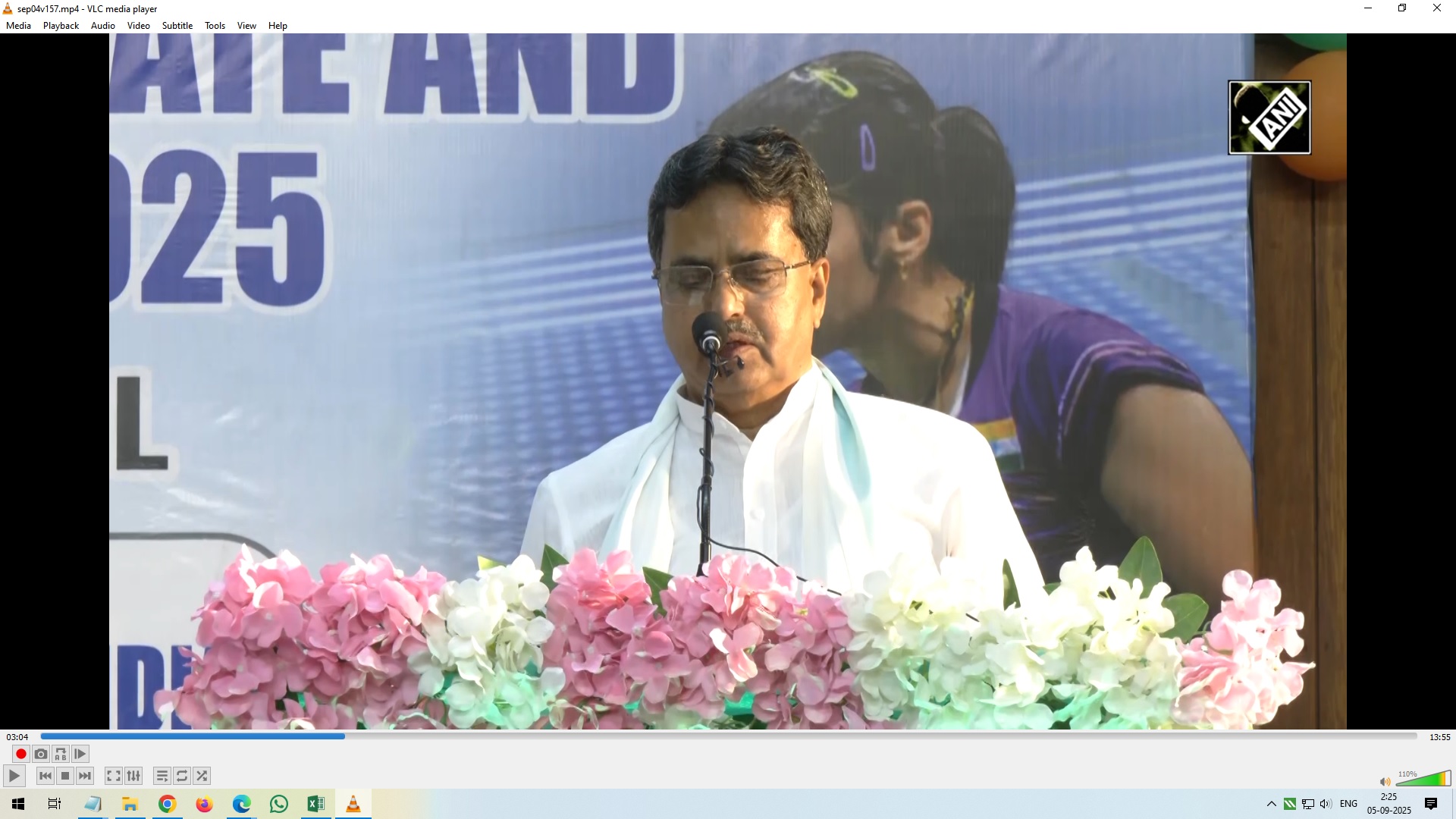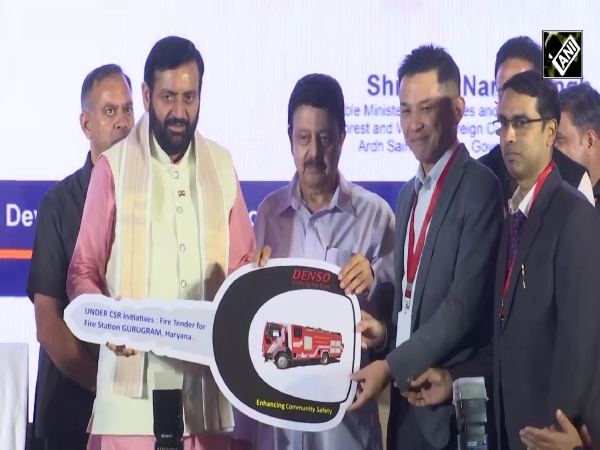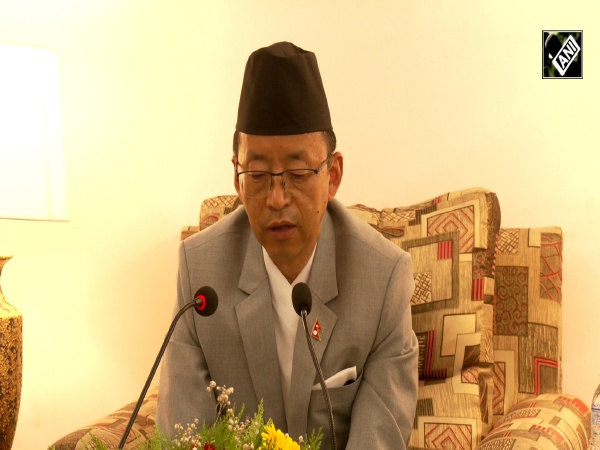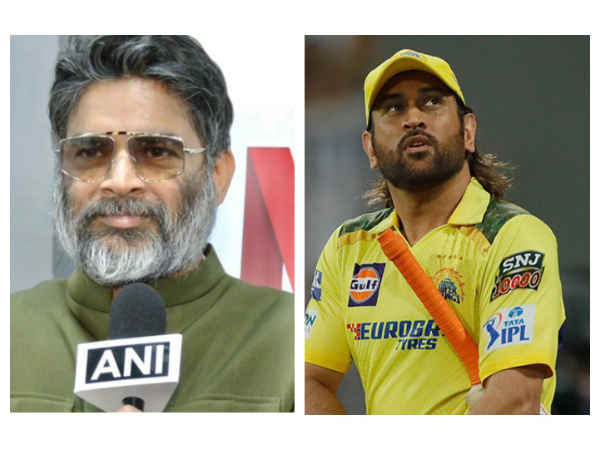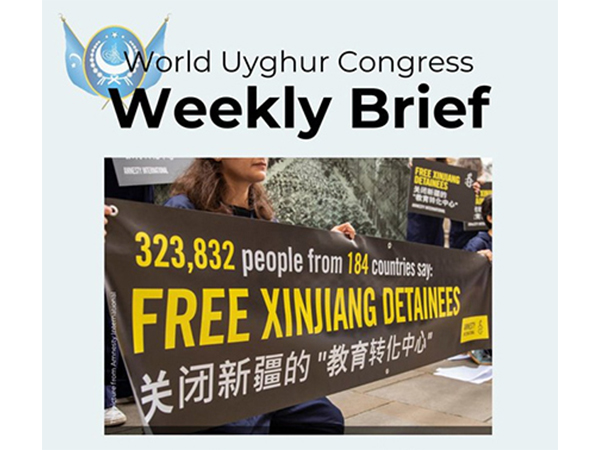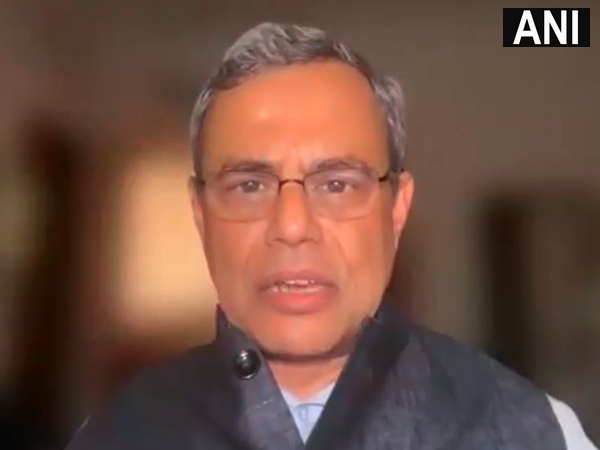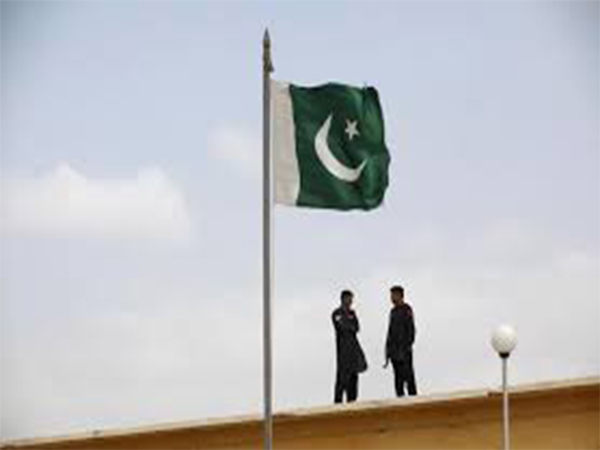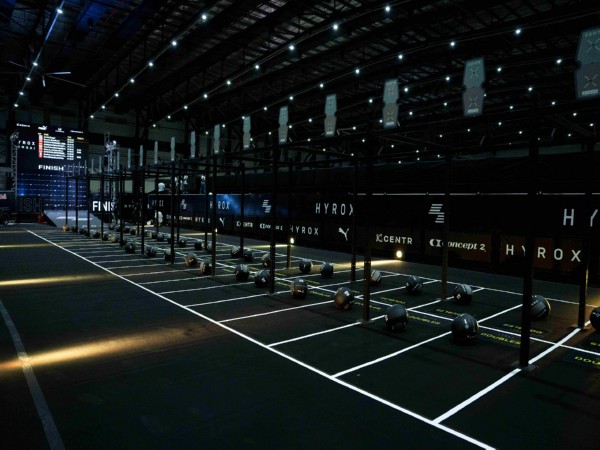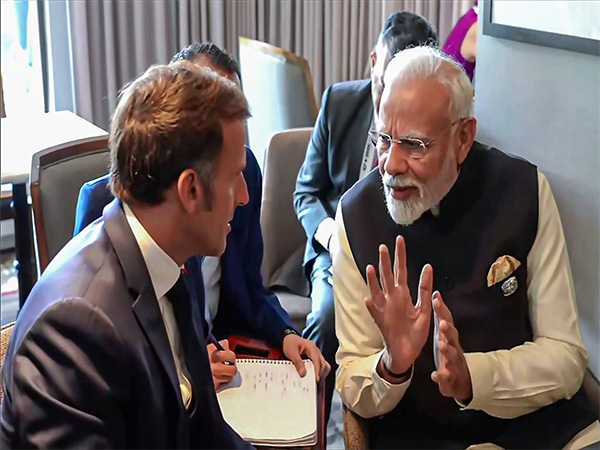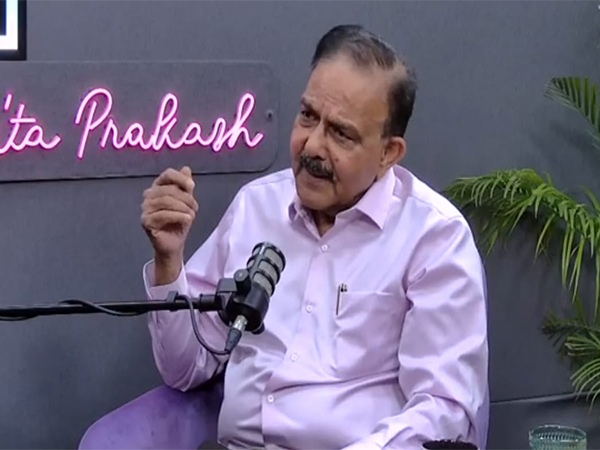
Rajiv Gandhi assassination was perhaps "most critical, difficult case" to investigate, biggest of my career: Former IPS officer Amod Kanth
Sep 06, 2025
New Delhi [India], September 6 : Former IPS officer Amod Kumar Kanth, who was part of the Special Investigation Team (SIT) that probed the Rajiv Gandhi assassination case, has said that it was "perhaps the most critical and the most difficult case to investigate" and perhaps the most talked about case in India.
In an interview with ANI, Kanth said the case of the assassination of the former Prime Minister Rajiv Gandhi was a "blind case" when the team began its investigations.
Rajiv Gandhi was assassinated in May 1991 at Sriperumbudur in Tamil Nadu by an LTTE suicide bomber at an election rally. His assassination sent shock waves across the country.
India sent the Indian Peace Keeping Force (IPKF) to Sri Lanka after the Indo-Sri Lanka Accord was signed on July 29, 1987, when Rajiv Gandhi was Prime Minister. According to reports, LTTE Chief Velupillai Prabhakaran changed his mind several times about the accord. He was flown into New Delhi in July 1987, days before the accord was signed.
Amod Kumar Kanth said Prabhakaran stayed in Ashoka Hotel in the national capital and had claimed that former PM "did not treat him the way he should have been treated".
"When we try to find the motive...his explanation was that, that when he was brought to Ashoka Hotel and in Ashoka Hotel he was kept like a captive. And he was brought like someone very important for negotiations, but he was not allowed to independently negotiate. And then he went back to Sri Lanka, went back to his home Jaffna, an extremely disillusioned and unhappy person, full of complaint against Rajiv Gandhi. And he said that Rajiv Gandhi did not treat him the way he should have treated him. And that became the motive for this crime," Kanth said.
He said Rajiv Gandhi assassination case was "the biggest case" of his career.
He said that after Rajiv Gandhi was assassinated, then CBI Director Vijay Karan told him to go to Madras with the team to investigate the case. "I was absolutely a stranger to the situation. Except for the fact that I had once been the SP of Pondicherry, I had no connection to the South or Tamil Nadu."
"We reached the spot and we did not have any clue as such. It was a blind case. Unlike, as I always mention, unlike the two other great Gandhis, Mahatma Gandhi, again open and shut case in a way, Indira Gandhi, the assassins were caught, Rajiv Gandhi assassination case was perhaps the most critical and the most difficult case to investigate and perhaps the most talked about case in India," he said.
"No other assassination could be as important in investigation as Rajiv Gandhi assassination. Because in the beginning, there was no knowledge at all who could kill him...There are two ways to investigate. You pick up things from scene of crime and whatever clue you get from the scene of crime becomes very important. In this case, on the scene of crime, there was a camera. When the crime took place, the Government of India very correctly decided to give it to CBI directly and no local investigation. Mr RK Raghavan, a very celebrated police officer, Director of CBI later, he was the IG of that area where crime took place, Sri Perambudur....They decided that CBI will investigate the case and I was picked up in the CBI as DIG investigation. DR Karthikeyan (who headed the SIT) joined later. The scene of crime was kept intact. what I have learned as an investigator, scene of crime is crucial because people say that the culprit always leaves her identity card on the scene of crime. And she left it. And yes, she left it. I mean, her body itself was, her face was the identity card," he said.
Kanth said the camera was lifted from the place in the night itself and then sent to a private photographer.
"That private photographer separated the exposed portion of the film. It was then sent to Tamil Nadu Forensic Science Lab... Dhanu, who killed herself, her face was intact. The body was blown up. Her face was intact. And the pieces of that jacket, that bomber jacket, bomber jacket where she had concealed the entire explosive material, etc., that also could be collected," he said.
Kanth said then Prime Minister VP Singh had an election meeting prior to Rajiv Gandhi, and the assassins conducted a recce. Kanth also said photographs of the suspects were published while the investigation was at its initial stages, and he lodged a protest with his seniors.
He also said Prabhakaran was treated "like a hero" by sections in Tamil Nadu. "I mean he was not an ordinary person. He was perhaps, in my opinion, if you look at the history of terrorism across the globe, there could not be anybody like him. In the sense that he had that larger than life image. He had huge following. He was able to control a part of Sri Lanka,"
Kanth was critical of former Sri Lanka Prime Minister JR Jayewardene.
"He was a very strong and very clever person. He almost got Rajiv Gandhi into the entire crisis. And IPKF was sent there. And IPKF, because of IPKF, ultimately everything happened," he said.
A TADA Court had sentenced 26 accused to death in January 1998 in the Rajiv Gandhi assassination case. In 1999, the Supreme Court upheld the conviction of seven people. Four were sentenced to death and the other three to life imprisonment. In 2000, the death sentence of one, Nalini, was commuted to life. In 2014, the Supreme Court commuted the other three death sentences.
